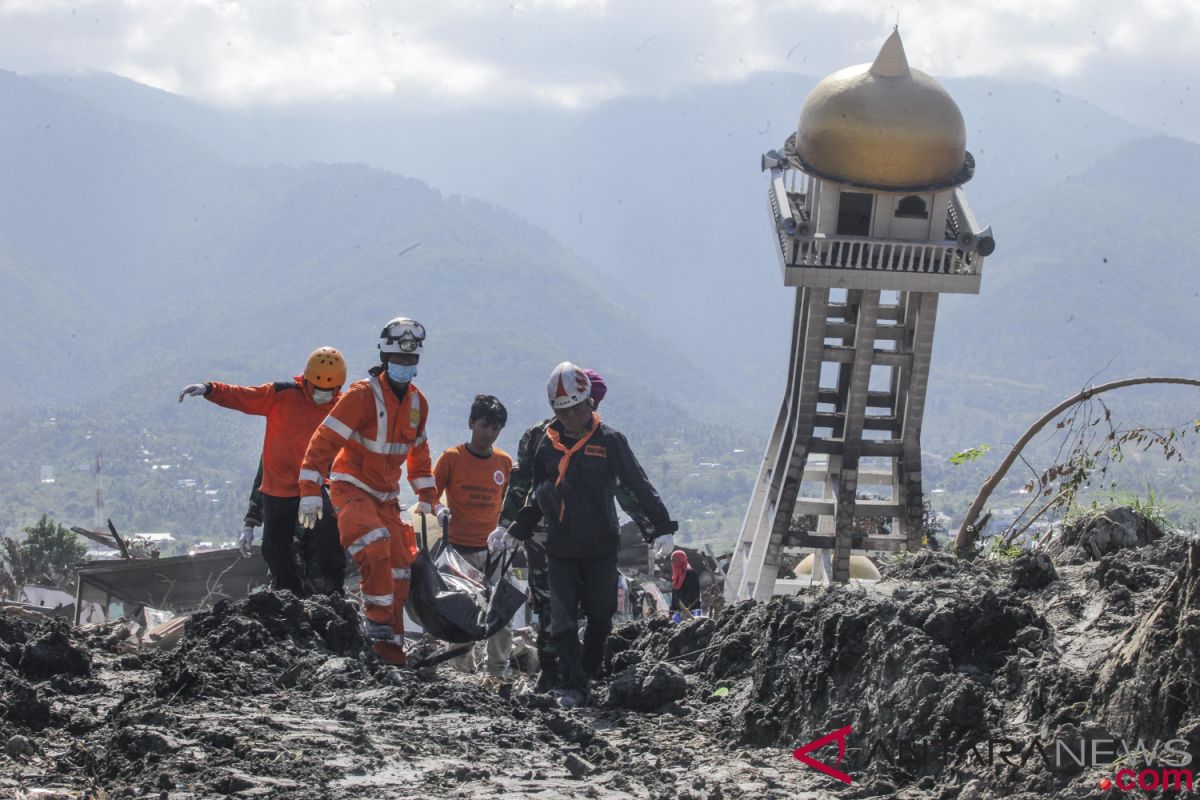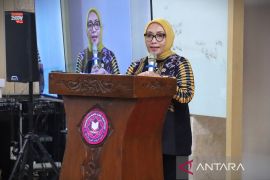"The residents, who have joined an exodus of disaster zones, will not lose their rights for receiving the social aid fund because it depends on their home addresses," Spokesman of the ministry`s Central Sulawesi Disaster Command Center Adhy Karyono said.
Therefore, considering that the exodus was just temporary and the residents would return to their domicile, the authorities would still verify their home addresses for the sake of the social aid fund program, he told journalists here on Friday.
Due to the severe impact of the disaster, many temporary and permanent residents of Palu left the city for other cities, including Makassar, Gorontalo, Balikpapan, and cities in Java Island.
The ministry is responsible for providing psychosocial services to those affected and with compensation funds to the heirs of dead victims, he said.
Each of the disaster-hit permanent residential families would also receive aid of Rp3 million, and the government would provide rehabilitation funds to those whose houses got damaged or destroyed by the quake and tsunami, he said.
The 7.4-magnitude earthquake that rocked Palu, Donggala, and Sigi on Friday (September 28) was followed by a tsunami.
Collaborative work between Indonesian and Thai scientists has pegged that the catastrophe that hit the disaster zones in Central Sulawesi damaged at least 5,146 buildings. Palu suffered the worst impact of the strong earthquake and tsunami.
The National Disaster Mitigation Agency recorded that the disaster had killed at least 1,407 people and displaced thousands of others.
In response to the catastrophe, President Joko Widodo had expressed his condolences to those affected.
Due to a large number of rotting corpses, the authorities and humanitarian workers have decided to bury them in mass graves.
Reporting by Desi Purnamawati
Editing by Rahmad Nasution
Reporter: Desi Purnamawati
Editor: Bustanuddin
Copyright © ANTARA 2018











